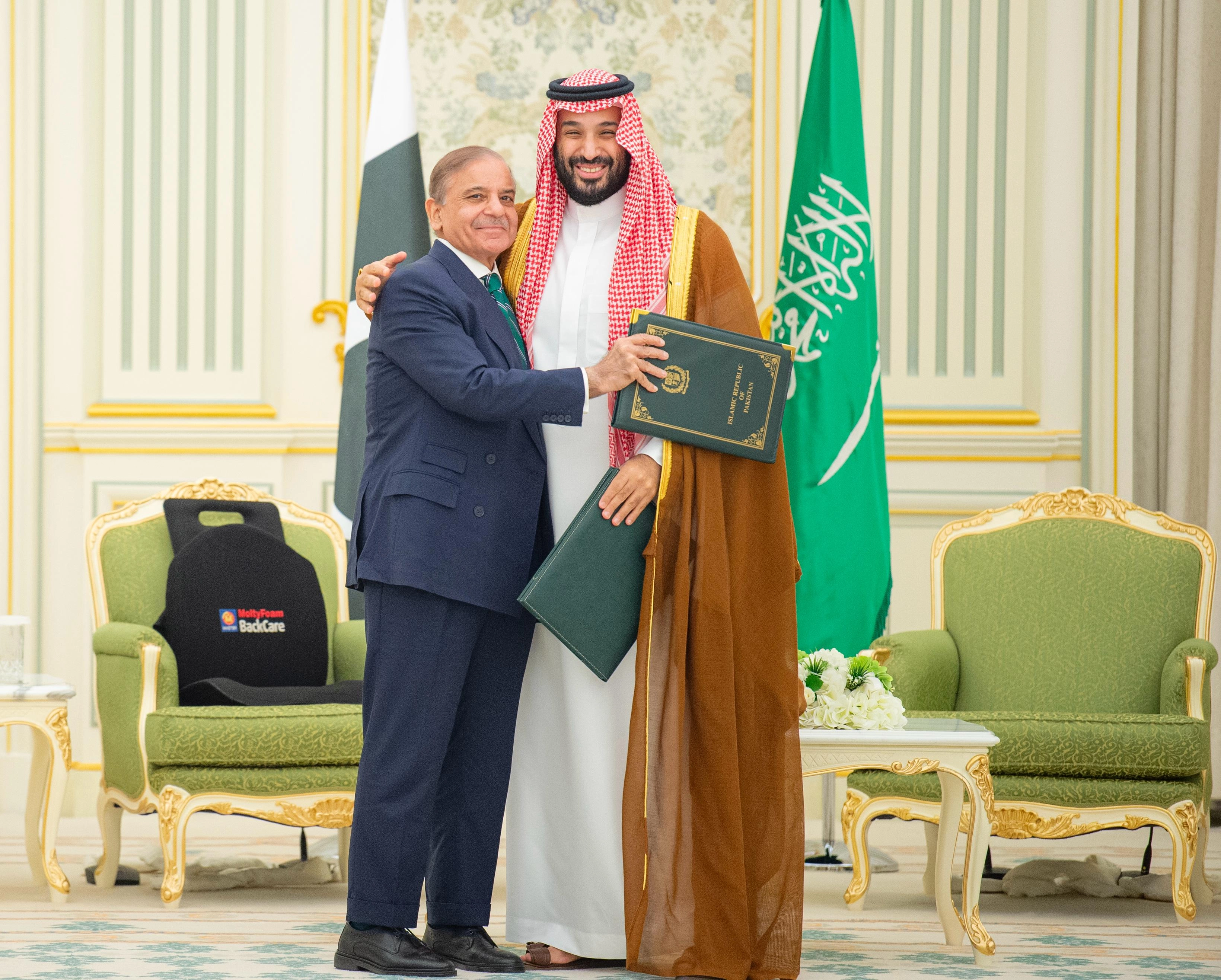Recently, Pakistan’s Prime Minister Shahbaz Sharif signed a mutual defense pact with Saudi Crown Prince Mohammed bin Salman (MBS), a significant development in the geopolitical landscape of South Asia and the Middle East. This agreement aims to strengthen military cooperation between the two nations amid rising regional tensions. The pact is seen as a strategic move, allowing Pakistan to bolster its defense capabilities while providing Saudi Arabia with a reliable ally in the region. Such collaborations are crucial as they enhance military readiness and foster deeper ties between the two countries, which have historically shared a strong partnership based on mutual interests and economic ties.
In response to the signing of this defense agreement, India has expressed serious concerns regarding the implications for its national security. Indian officials are closely monitoring the evolving relationship between Pakistan and Saudi Arabia, particularly in light of the historical rivalry between India and Pakistan. The Indian government fears that this pact could embolden Pakistan’s military stance, leading to increased tensions in an already volatile region. India has reiterated its commitment to safeguarding its sovereignty and maintaining a strategic balance in South Asia. The Indian leadership is likely to explore diplomatic channels to address these developments, emphasizing the need for dialogue and peaceful resolution to conflicts in the region.
The mutual defense pact also reflects broader geopolitical trends, as countries in the Middle East seek to establish alliances that can counterbalance the influence of other powers, particularly Iran. For Saudi Arabia, aligning with Pakistan provides a strategic counterweight in a region marked by complex dynamics and shifting allegiances. Pakistan, on the other hand, is keen to solidify its standing within the Islamic world and enhance its defense capabilities amid ongoing tensions with neighboring India and Afghanistan. This agreement is expected to facilitate arms exchanges, joint training exercises, and intelligence sharing, strengthening the military collaboration between the two nations further.
As the situation develops, the international community will be watching closely to assess how this defense pact might influence regional stability. Both Pakistan and Saudi Arabia must navigate their relationship carefully, balancing their national interests with the need for regional peace. The evolving dynamics could lead to a recalibration of alliances in South Asia and the Middle East, impacting not only the involved nations but also global powers with vested interests in the region. Thus, the implications of this mutual defense pact extend far beyond the borders of Pakistan and Saudi Arabia, potentially reshaping the geopolitical landscape for years to come.




